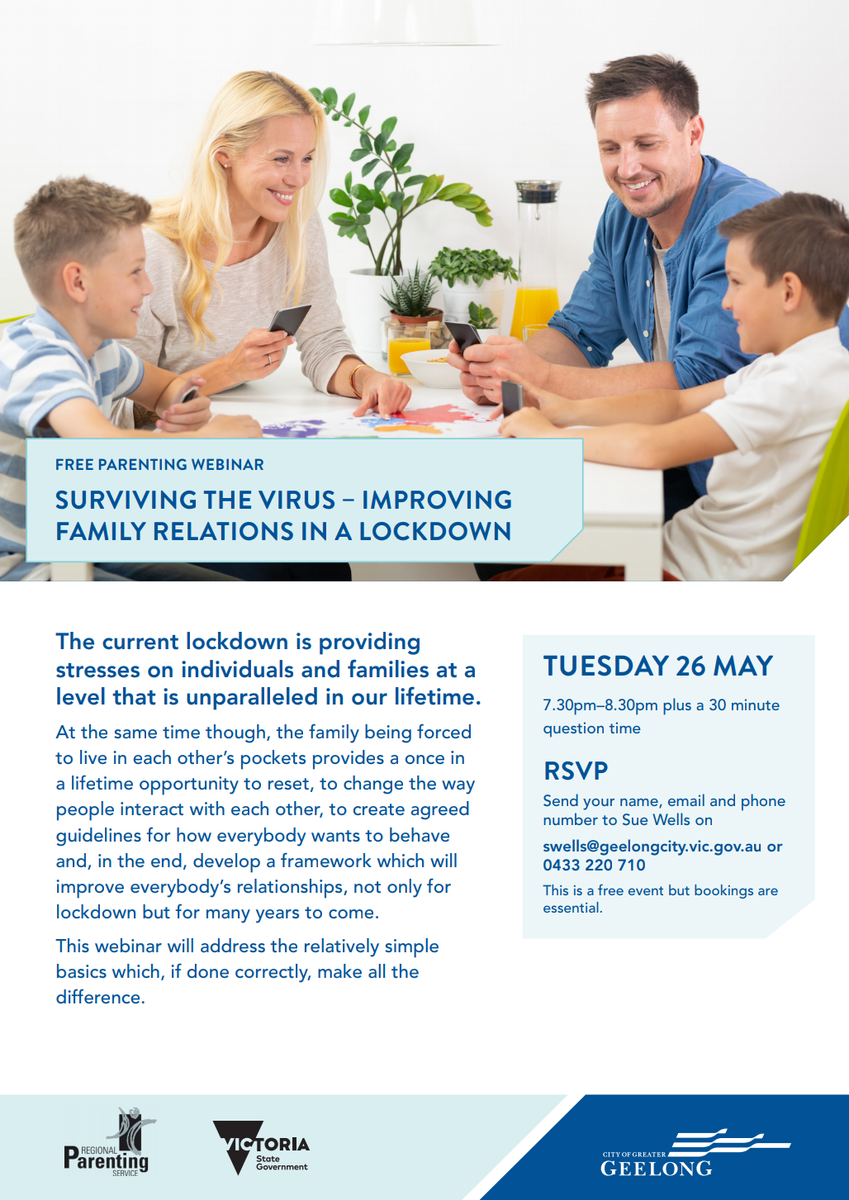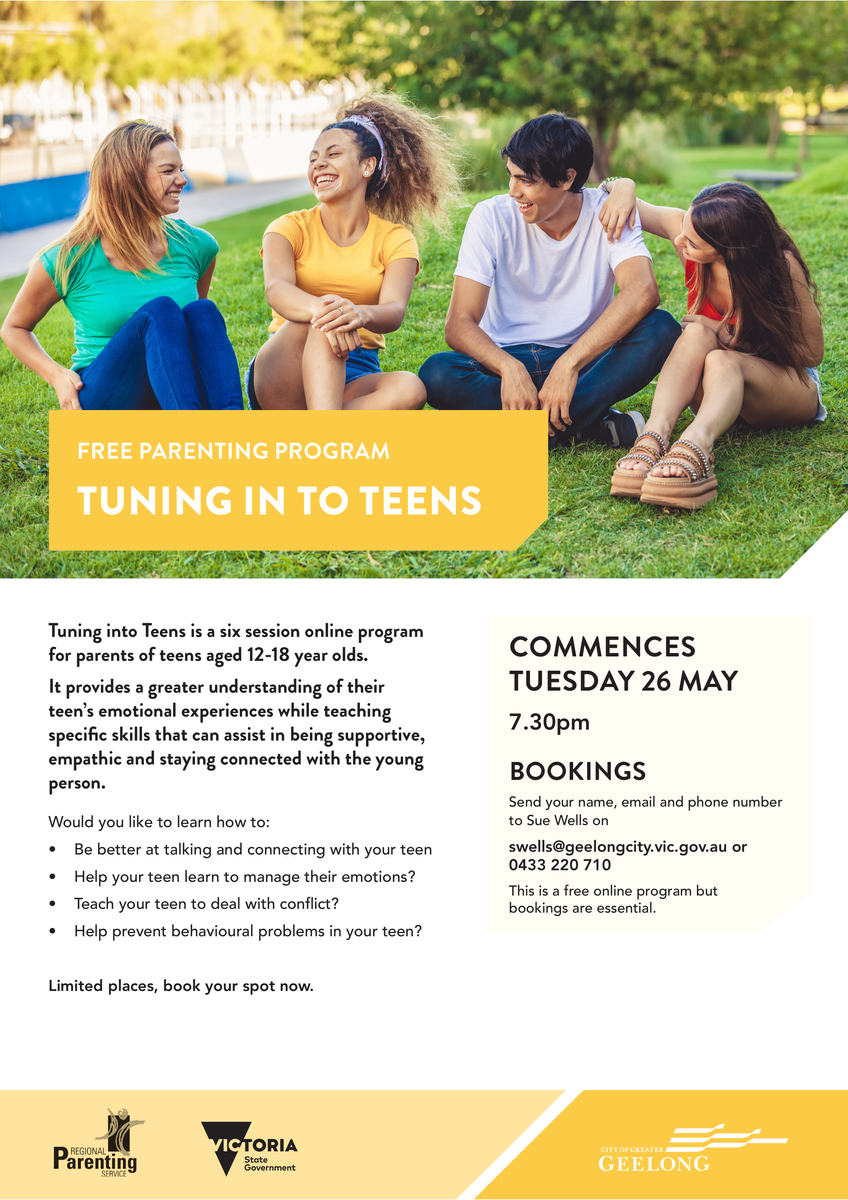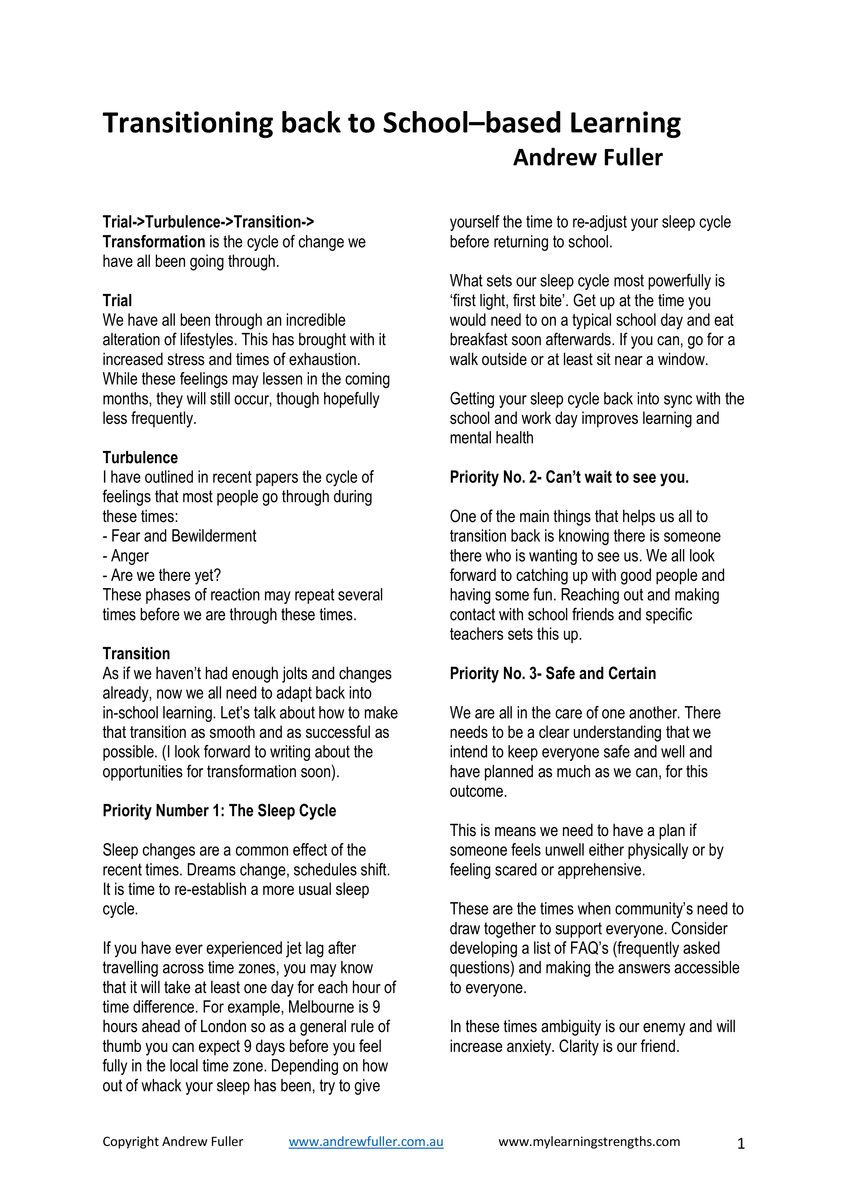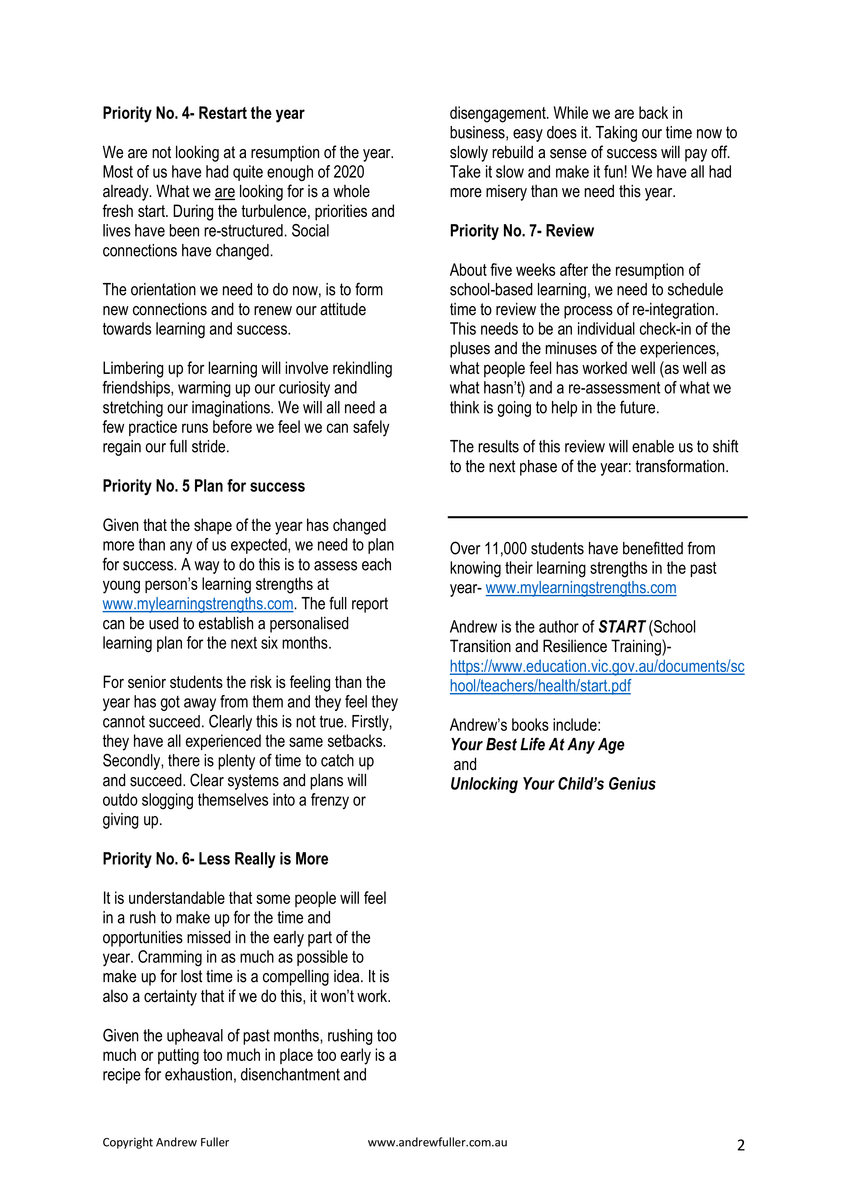WELLBEING
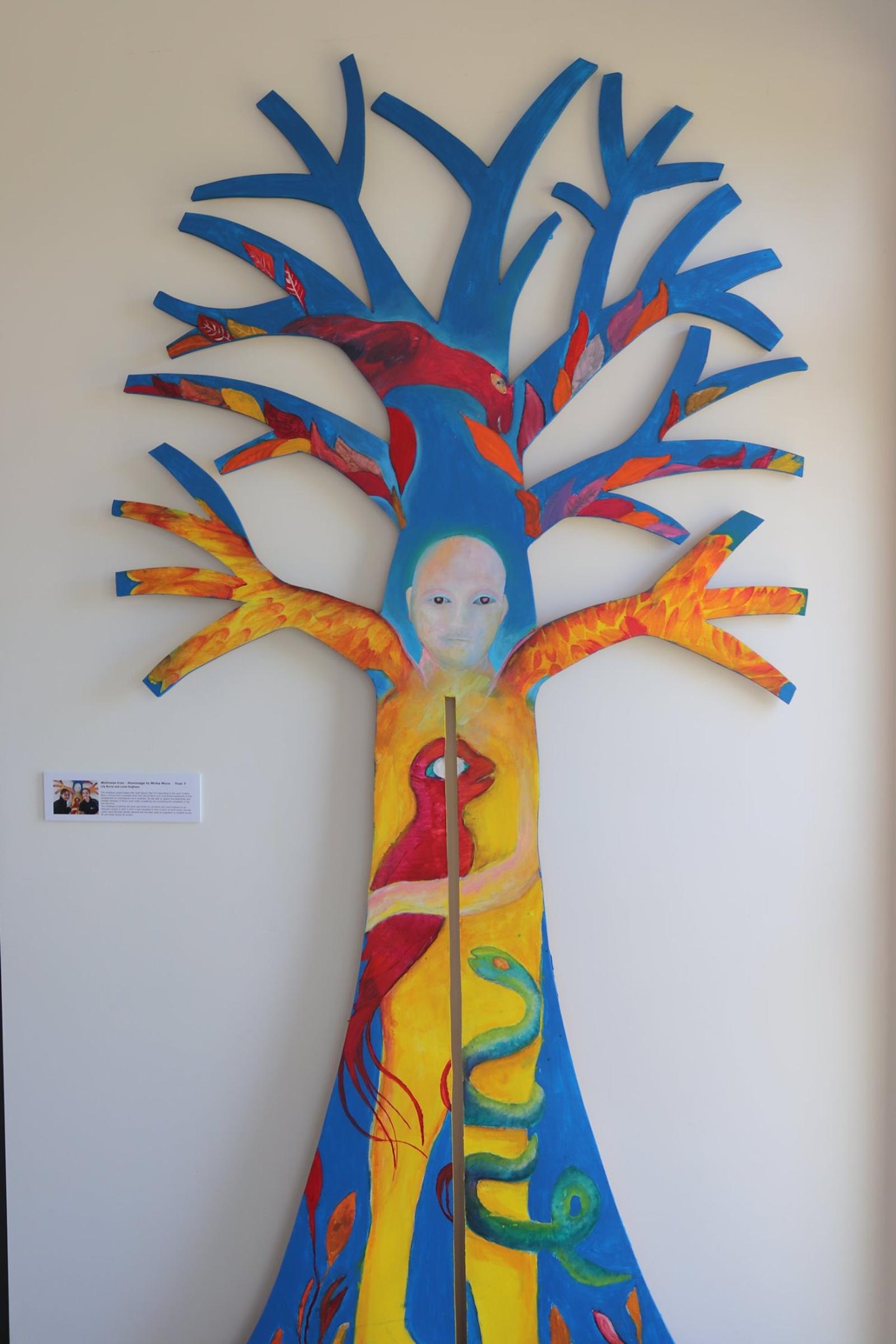
Things to Think About Before School Returns!
It’s important to start getting your sleep/wake cycle back in sync with school hours. Over the next few days/weeks before you are due to return to school it is important to gradually adjust your sleep/wake cycle to fit back in with school hours.
Some tips to help with this are:
- Dimming the lights 30 minutes before bed
- Avoiding screen time before to bed – remember to turn your phone on silent!
- Limit caffeine, especially after lunch
- Ensure your bedroom is the right temperature, dark and quiet
- Engage in some relaxation or mindfulness practices prior to bed (Smiling Minds is a good place to start)
- Trying to go to sleep and waking at a similar time each day
Some of you might have some worries about returning to school and your schoolwork in particular, especially if you have found it hard to learn from home.
Please remember:
- No-one is up to date “we are all in the same position”
- Expectations will be modified
- Your teachers are there to help you with the things you struggled with, but you need to be at school to get that help!
If you are struggling with your mental health please focus on the things you can control including:
- Ensuring you are getting enough sleep
- Eating well
- Exercising
- Social connection
- Engaging in activities that you enjoy
- Reaching out to your teachers or the wellbeing staff. We are all here to help.
Strengthening Family Relationships
Close proximity in our homes has been forced on us by social distancing protocols. Families are working and learning from home, spending far more time together than usual, yet this may or may not lead to improved relationships. This term I have had conversations with many families, highlighting to me that the key ingredient to great family relationships while remote learning and beyond, is great communication.
The wellbeing of young people is highly contingent on the support provided by parents and adult carers. Young people need adults in their lives who love, care for, appreciate and accept them for who they are. Adults who delight in them and champion their success. As parents we love our children, yet sometimes we become distracted by the business of life and we can fall short in our efforts to communicate our love with our kids.
The solution can be as simple and fun as a weekly fire side chat. An intentional time each week for the family to share conversation, reflect on household dynamics, recognise achievements and address any issues that may be arising. Here are a couple of tips for parents implementing the fire side chat as part of their family’s weekly tradition;
- Create a welcoming environment, if you have one, the fireplace or backyard fire pit creates a warm environment for everyone. Add hot chocolate or desert to entice reluctant family members to participate
- Give everyone an opportunity to be heard by setting some protocols for respectful speaking and listening. This agreement could be the focus of your first fire side chat
- Ask good questions. “Tell me three things you did this week that you enjoyed” is far more likely to elicit a thoughtful response from most adolescents than “how was your week?”
- Use this space to address issues around household dynamics such as chores, respectful behaviour or other expectations that need tweaking. Develop agreements and agree only to revisit these at the next fireside chat
- Use language that recognises and builds up your kids based on their unique strengths. Knowing their virtues or ‘character strengths’ and using them often will help your child to develop confidence and self-worth. For more on character strengths click HERE.
The fire side chat will look and sound different in every household depending on the needs of the family. As parents, we can use this opportunity to have fun, be creative and create experiences that our kids will cherish for life. As winter approaches, the warmth and comfort of a good fireplace is hard to resist, so grab a bag of essential marshmallows and put some spark into your family’s communication.
Surviving the Virus - Improving Family Relations in a Lockdown
Tuning in to Teens
Tuning into Teens is a six session online program for parents of teens aged 12-18 year olds.
It provides a greater understanding of their teen’s emotional experiences while teaching specific skills that can assist in being supportive, empathic and staying connected with the young person.
Would you like to learn how to:
Be better at talking and connecting with your teen
Help your teen learn to manage their emotions?
Teach your teen to deal with conflict?
Help prevent behavioural problems in your teen?
Send your name, email and phone number to Sue Wells on
swells@geelongcity.vic.gov.au or 0433 220 710
This is a free online program
Limited places, book your spot now.
Healthy Habits for Mental Health
There are several ways you can support your young person’s mental health and wellbeing:
1. Encourage them to stay connected
Social relationships are important to your young person’s general wellbeing. It is okay if they take time out for themselves at times but encourage them to keep in contact with friends. Friends can provide both play and support, and spending time with friends is also important for keeping and building on existing friendships. During restrictions, young people can remain connected via phone call, email, text message, Facebook message or Google Meet.
2. Encourage them to stay involved
Encourage involvement with volunteer work, hobbies, clubs/committees or sports. These can help young people feel connected to their wider community. Participate with them when you can. Involve them in decisions and give them responsibility at home (e.g. deciding what to eat for dinner and helping to prepare it). Help them to identify and set realistic goals. Setting and achieving realistic goals can be incredibly motivating and can help build self-confidence.
3. Encourage physical activity
Physical activity is important for everyone’s health and wellbeing. If your young person is feeling down or finding things are difficult, physical activity may be the last thing they feel like doing. Even small activities like walking around the block, can help relieve stress and frustration, provide a good distraction from worrying thoughts, improve concentration and improve their mood. If your young person is struggling to get active, find a physical activity that you both enjoy and can do together and plan to do it regularly.
4. Encourage a regular routine
Getting a good night’s sleep helps young people to feel energised, focused and motivated. Adolescence is a time when a number of changes to the “body clock” impact on sleeping patterns and young people are more likely to have problems with sleep. Developing a sleeping routine can help. Encourage your young person to wake up around the same time each day, get out of bed when they wake up, and go to bed around the same time each night. Avoiding caffeine after lunchtime, having a quiet, dark and uncluttered bedroom and shutting down electronic devices before bed can also help them to get a good night’s sleep.
5. Encourage healthy eating habits
Eating well doesn’t only reduce the risk of physical health problems like heart disease and diabetes, but it can also help with sleeping patterns, energy levels, mood, and general health and wellbeing. A good balanced diet with less junk food/sugars and more veggies, fruit, whole grains and plenty of water will ensure your young person has all of the vitamins and minerals to help their body and brain function well.
6. Encourage play!
Devoting time to just having fun can help to recharge your young person’s battery, revitalise their social networks and reduce stress and anxiety.
Transitioning to On-Site Learning
Andrew Fuller is a renowned Clinical Psychologist and researcher into learning, brains and resilience. He is a Fellow at the University of Melbourne.
He has authored many books including his most recent Unlocking Your Child’s Genius which has already been reprinted three times and is available in nine languages.
This is the book that Professor John Hattie described as ‘A marvellous resource for parents to help their children to think, to be curious, to learn to practice and to enjoy the art of learning. No the answer is NOT homework, more after school tutoring or blaming the school. Yes the answer is thinking, talking and listening, and delightfully making mistakes together .... Andrew Fuller has created a winner.’
In 2000 Andrew commenced research into practical intelligence how teachers can increase academic outcomes for students. This research culminated in his Brain Based Learning e-Manual which is used in schools in Singapore, New Zealand, South Africa, Indonesia, Cambodia, New Zealand, England and Australia. Updated each year the e-manual makes research accessible to schools.




